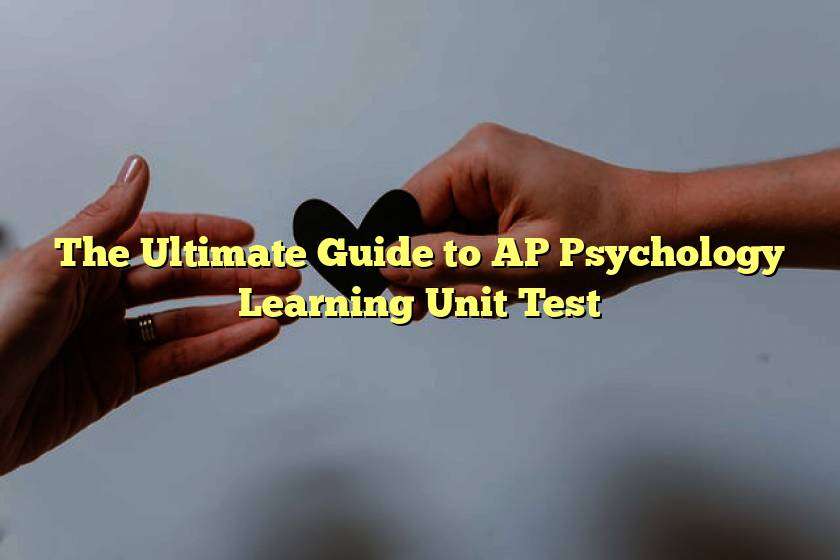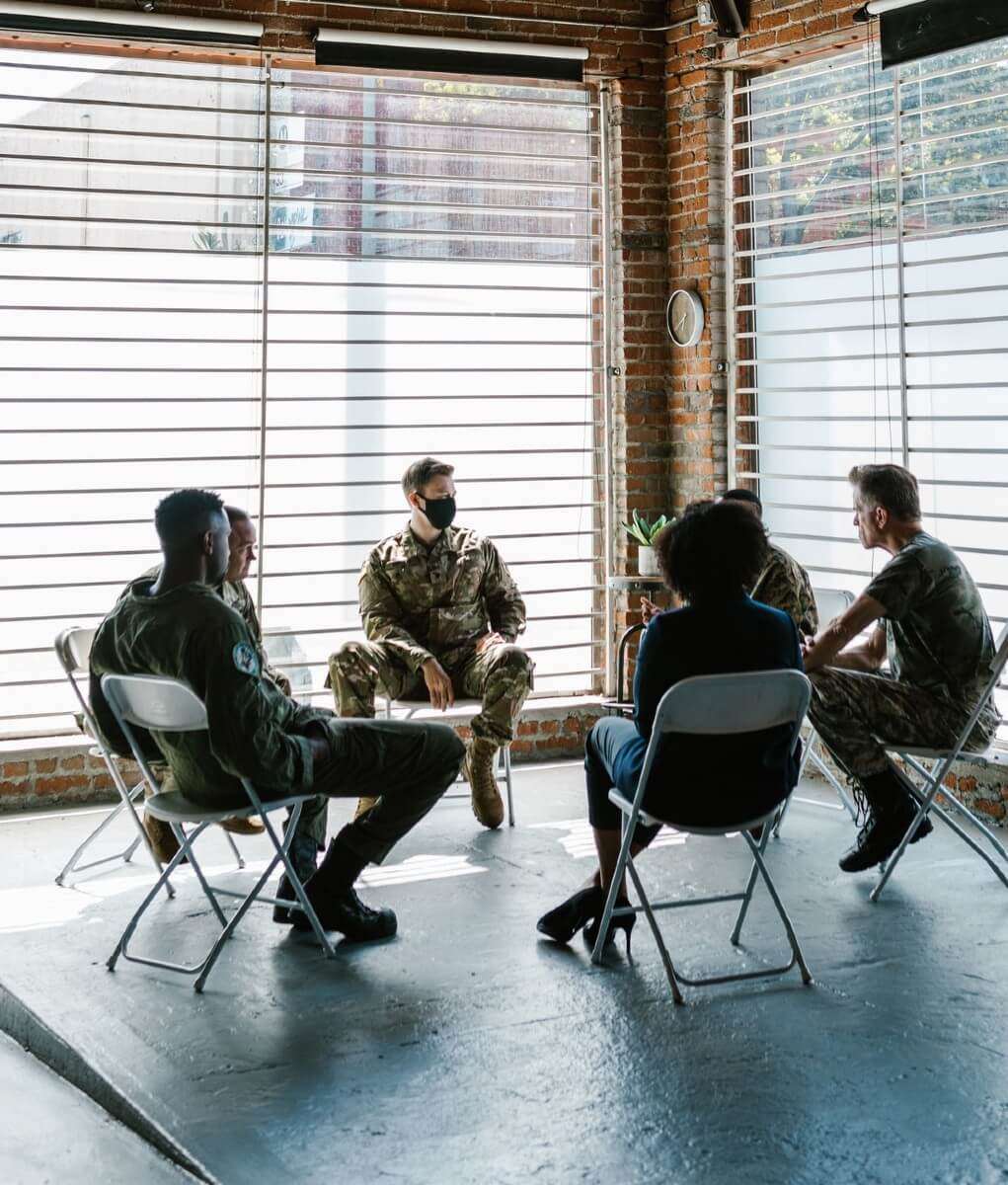Are you ready to take on the AP Psychology Learning Unit Test? If you want to excel on Google, then this article is for you! As a high-end copywriter, I will provide you with the necessary information to ace your test.
First of all, let’s talk about the learning unit. The learning unit is a fundamental concept in psychology, and it covers the various types of learning, such as classical conditioning, operant conditioning, and observational learning. You need to understand these types of learning when preparing for the AP Psychology Learning Unit Test.
Classical Conditioning
Classical conditioning is a way of learning whereby a neutral stimulus is associated with a reflex response. This type of learning was discovered by Ivan Pavlov, and it involves the presentation of a conditioned stimulus (CS) followed by an unconditioned stimulus (UCS). The UCS elicits an unconditioned response (UCR), while the CS eventually elicits a conditioned response (CR).
Operant Conditioning
Operant conditioning is a type of learning that involves the association between a behavior and its consequence. B.F. Skinner was a prominent psychologist known for his research on operant conditioning. In this type of learning, behaviors that are reinforced tend to be repeated, while behaviors that are punished tend not to be repeated.
Observational Learning
Observational learning is a type of learning that involves watching others and mimicking their behaviors. This type of learning was studied by Albert Bandura, who conducted the famous Bobo doll experiment. According to Bandura, observational learning occurs when a person observes a model performing a behavior and then imitates that behavior.
Now that we have covered the fundamental concepts of learning, let’s talk about how to study effectively for the AP Psychology Learning Unit Test.
Tips for Effective Studying
-
Create a study schedule – It’s essential to plan your study sessions in advance. Set aside a specific time each day for studying and stick to it.
-
Take practice tests – Taking practice tests can help you identify areas where you need to improve. There are many websites and books that offer AP Psychology practice tests.
-
Create flashcards – Flashcards are a great way to memorize important terms and concepts. Create flashcards for each type of learning and review them regularly.
-
Ask for help – If you don’t understand a concept, don’t be afraid to ask your teacher or classmates for help. You can also join online study groups for AP Psychology.
-
Get enough sleep – Sleep is essential for memory consolidation. Make sure you get enough restful sleep each night before your test.
Conclusion
Preparing for the AP Psychology Learning Unit Test can be challenging, but with effective studying, you can ace your test and excel on Google. Remember to understand the fundamental concepts of learning, take practice tests, create flashcards, ask for help, and get enough sleep. Good luck with your test!


